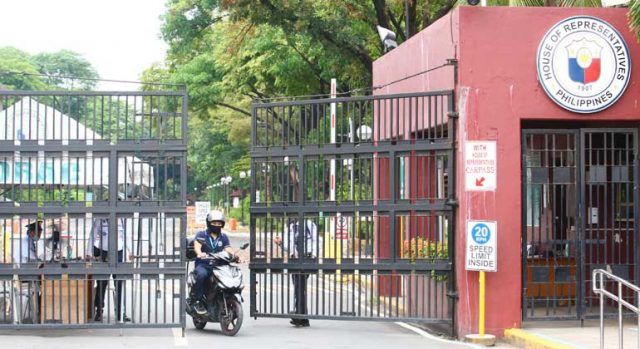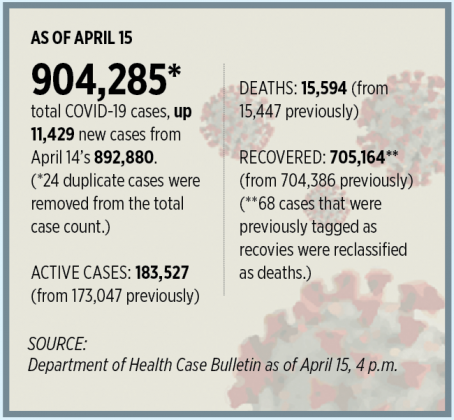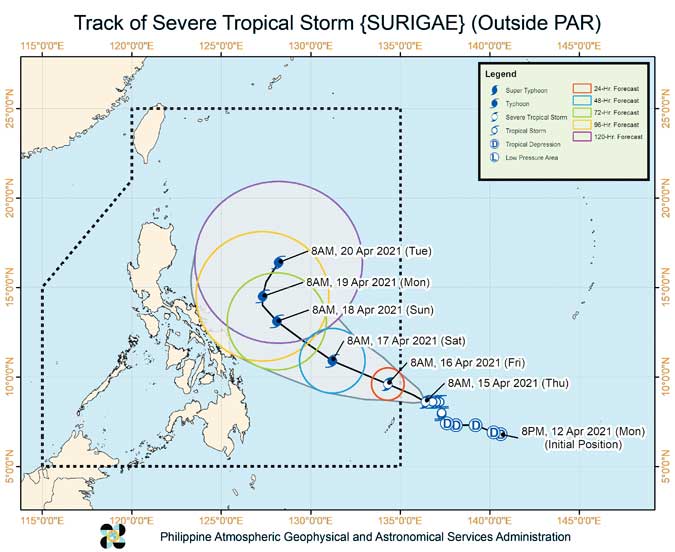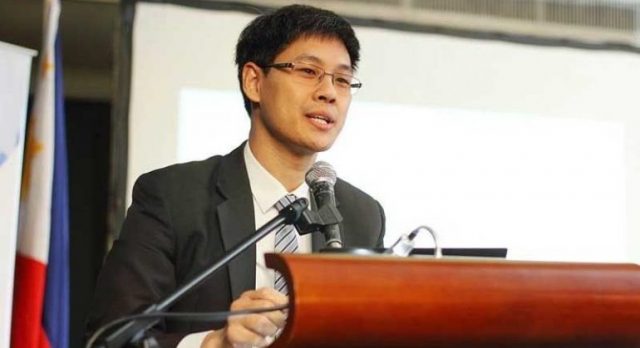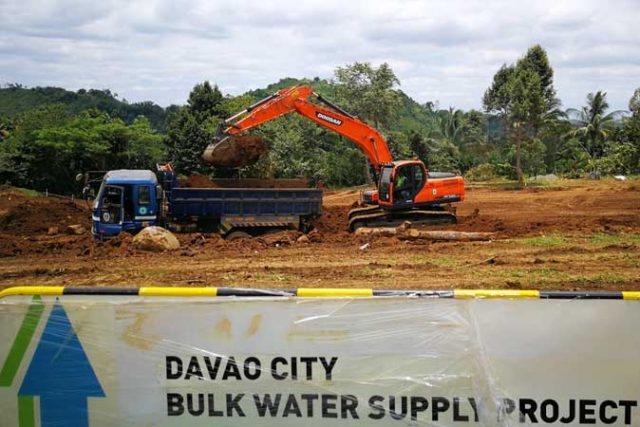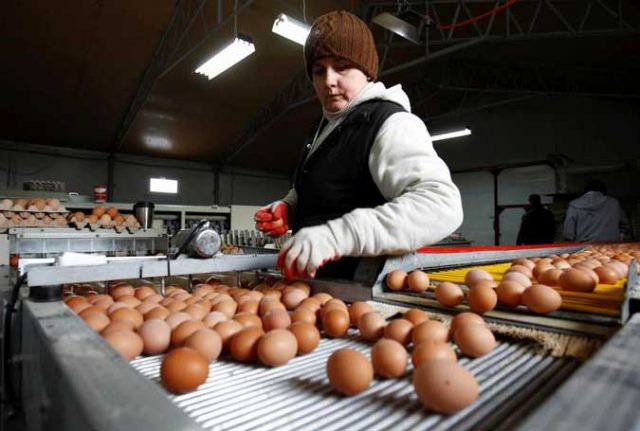Peso climbs on remittance data
THE PESO rose against the greenback on Thursday after the release of upbeat February remittance data.
The local unit closed at P48.44 versus the dollar yesterday, appreciating by 5.9 centavos from its Wednesday finish of P48.499, based on data from the Bankers Association of the Philippines.
The peso started Thursday’s trading session at P48.465 per dollar. Its weakest showing was at P48.51, while its strongest point for the day was at P48.43 against the greenback.
Dollars exchanged went up to $699.65 million from $664.35 million on Wednesday.
The peso strengthened on data showing increased remittance flows in February, Rizal Commercial Banking Corp. Michael L. Ricafort said in a text message.
Cash remittances grew by 5.1% to $2.477 billion in February from $2.358 billion in the same month a year ago, based on data released by the Bangko Sentral ng Pilipinas (BSP) on Thursday. This ended two consecutive months of annual contractions and was the quickest monthly growth rate since the 9.1% seen in September last year.
The central bank expects cash remittances to grow by 4% this year amid improving global economic prospects. If realized, this will be a turnaround from last year, when cash remittances recorded a contraction for the whole year for the first time since 1999, dropping by 0.8% to $29.903 billion.
Meanwhile, a trader attributed the peso’s gains to fresh dovish signals from the US Federal Reserve.
“The peso strengthened after Federal Reserve Chairman Jerome Powell reiterated his dovish policy stance in his speech overnight,” the trader said in an e-mail.
Reuters reported that Mr. Powell said the US central bank will likely decrease its bond purchases first before considering an interest rate hike.
For today, Mr. Ricafort gave a forecast range of P48.40 to P48.50 while the trader expects the local unit to move within a wider band of P48.30 to P48.50 per dollar. — LWTN with Reuters



